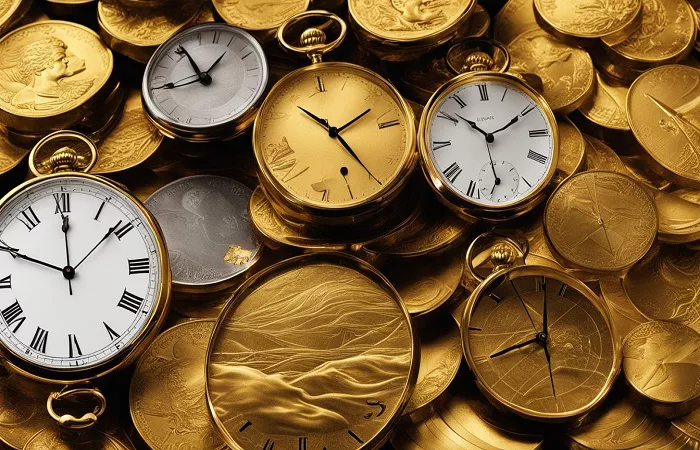The Federal Reserve recently concluded a two-day monetary policy meeting, where it decided to keep the current interest rate range at 4.25% to 4.5%. This marks the third consecutive meeting where the central bank has opted to maintain rates. This decision aligns with consensus expectations, reflecting the Fed‘s cautious approach in light of prevailing economic uncertainties.
Federal Reserve Chairman Jerome Powell noted that U.S. growth remains challenging to assess, largely due to the unpredictable nature of ongoing tariff policies. Powell explained that the impact of these policies on the economy, growth, and employment is still uncertain, and thus, the Fed finds itself in a wait-and-see position. Despite this, Powell emphasized that the labor market remains strong, and inflation remains under control, meaning there are no immediate costs associated with the Fed’s current approach.
Following Powell’s remarks, the CME’s ‘FedWatch’ tool showed a significant drop in the likelihood of a rate cut in June, with the probability falling to 19.8% from 31.9% the day before. The next meeting is scheduled for June 17-18, 2025.
In the wake of the Fed’s statement, gold prices experienced a slight dip, falling to $3,371.86 an ounce from an intraday high of $3,400. Meanwhile, silver traded at $32.28 an ounce as of 3:30 p.m. ET.
Bank of America’s precious metals team published a report on Wednesday forecasting a possible surge in gold prices to $4,000 an ounce in the second half of 2025. This prediction comes after the team had initially projected that gold would hit $3,500 by 2027—an estimate surpassed in just one month. Analysts now see a strong potential for further gains, contingent on several factors. These include heightened investment in gold, consistent demand for jewelry, and continued geopolitical tensions that drive investors to safe-haven assets.
The ongoing geopolitical uncertainty, particularly in the context of global trade policies and concerns about the U.S. government’s fiscal outlook, plays a pivotal role in supporting gold prices. As the appeal of the U.S. dollar as a safe-haven asset diminishes, gold could emerge as a more stable investment option. Additionally, tariffs, a cornerstone of former President Donald Trump’s policy agenda, continue to shape inflation expectations, which in turn creates challenges for the Fed.
Bank of America analysts argue that the Fed’s dilemma—balancing inflation concerns with slowing economic activity—will further support gold prices, particularly as real interest rates remain low. These factors, combined with the broader economic environment, are expected to push gold prices toward the $4,000 mark in the second half of 2025.
In the short term, analysts believe gold is comfortable trading above the $3,000 mark due to current liquidity conditions. However, breaking through the $3,500 level will likely require new catalysts. They noted that there is strong support for gold at the $3,200 level, providing a cushion against any sharp declines.
In conclusion, while the immediate outlook for gold suggests stability around $3,000 to $3,500 an ounce, the broader geopolitical climate and economic developments may push gold toward new record highs in the near future. If the conditions align, the price of gold could well exceed $4,000 an ounce by late 2025.
Related topics:
- India Surpasses China in Gold Purchases, Buying 51% More in Three Months
- Qilu Bank Enhances Support for Small Businesses with Innovative Financial Tools
- Bitcoin Poised for a Surge Amid Gold’s Delivery Delays, Expert Claims


